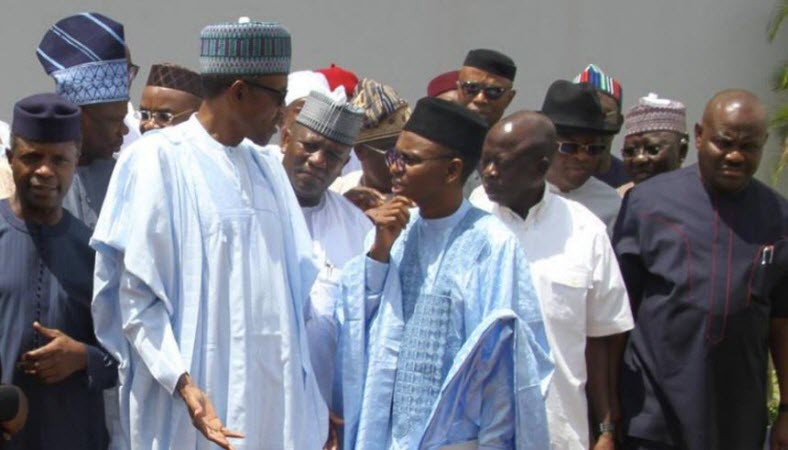There are no products in your shopping cart.
| 0 Items | £0.00 |

 PLANS are being drawn up by the Nigerian Financial Intelligence Unit (NFIU) to take the payment and control of local government finances away from state governors and pay the third tier of government directly.
PLANS are being drawn up by the Nigerian Financial Intelligence Unit (NFIU) to take the payment and control of local government finances away from state governors and pay the third tier of government directly.
At the moment, under Nigeria's Federal Allocation Formula, state governors get paid a monthly sum based on population, the number of local governments in their state and a 13% derivation if they are an oil-producing state. However, local governments are supposed to be an independent tier of government but currently, governors take their allocation and in most cases do not hand it over.
This has resulted in local government being chronically under-funded across Nigeria, with many unable to provide basic amenities and services like refuse collection and the maintenance of primary schools. In a bid to address this anomaly, the NFIU is drawing up guidelines under which local governments will be paid directly but all their financial transactions will be registered and monitored through an e-payment module.
In addition, there will be a daily transaction limit of N500,000 on each of Nigeria's 774 local government areas. These new measures are some of the highlights of the new guidelines, which the NFIU will launch in Abuja today as part of steps to check the mass looting of the treasuries by local government officials and the diversion of their funds by governors.
One NFIU source, said its new director Modibbo Hamman-Tukur is set to roll out the comprehensive guidelines which will cover government, corporate, Bureau De Change and individual financial transactions. He added: “The guidelines will limit cash transactions in the accounts of local governments and promote registered transactions by all the local governments.
“Governors will also lack control over the utilisation of these funds of local governments. The Joint Account System in some states will only exist for the receipt of federal allocations meant for local governments and not disbursement.”
Another source added: “The administration of President Muhammadu Buhari is taking his anti- corruption campaign to a higher level by also blocking sources of stealing in government at all levels, money laundering, terrorism financing and others. We should expect more transparency in governance, especially at the third tier, which is the local government level.”
On July 11 last year, President Buhari signed the NFIU Bill into law in line with the requirements of Recommendation 29 of the Financial Action Task Force Standards and Article 14 of the United Nations Convention Against Corruption. This new act separated the NFIU from the Economic and Financial Crimes Commission.